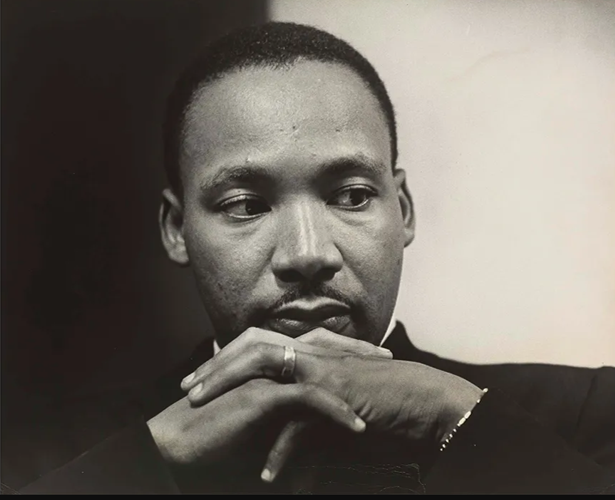A Dream of Recovery

Photo Credit: Remembering Martin Luther King Jr. | Smithsonian Institute Archives
EMPOWERING SOBRIETY: A Dream of Recovery
In the journey toward sobriety, individuals often seek not just the cessation of substance use but also empowerment, hope, and a sense of community. LifeRing Secular Recovery embodies this mission by providing a supportive environment for those striving to live sober lives. Interestingly, the ideals expressed in Dr. Martin Luther King Jr.'s iconic "I Have a Dream" speech resonate deeply with the goals of LifeRing, illustrating a shared vision of empowerment, equality, and a brighter future.
The Vision of Empowerment
LifeRing Secular Recovery aims to empower individuals to take control of their recovery journey. This empowerment is akin to Dr. King's vision of a society where individuals are not judged by their circumstances but are given the tools and support to rise above them. Dr. King spoke of a time when people would be judged by the content of their character rather than the color of their skin, emphasizing the importance of self-worth and dignity. Similarly, LifeRing encourages members to embrace their identities as sober individuals, fostering a sense of pride and accomplishment.
A Community of Support
Dr. King’s dream was not just about individual freedom but also about a community coming together for a common cause. LifeRing embodies this principle by creating a network of support among its members. In his speech, Dr. King envisioned a world where people would join hands in solidarity, regardless of their backgrounds. LifeRing cultivates a similar atmosphere where individuals share their experiences, challenges, and successes, creating a safe space for recovery that transcends differences.
Overcoming Challenges
In "I Have a Dream," Dr. King acknowledged the challenges faced by African Americans in their quest for equality. He highlighted the need for perseverance and resilience in the face of adversity. Likewise, individuals in recovery encounter numerous obstacles, from cravings to societal stigma. LifeRing provides the tools necessary to overcome these hurdles, empowering members to not only face their struggles but also to emerge stronger, much like Dr. King's call to rise above the challenges of inequity.
A Future of Hope
At the heart of both LifeRing and Dr. King's message is an unwavering sense of hope for the future Dr.. King dreamt of a day when all people would be free and equal, living in harmony. This vision aligns perfectly with the aspirations of those in recovery. LifeRing inspires its members to dream of a life filled with opportunities, free from the challenges of substance misuse, and filled with the promise of a better tomorrow.
The dreams of Dr. Martin Luther King Jr. and the mission of LifeRing Secular Recovery share a common thread: the pursuit of empowerment, community support, resilience, and hope. As we reflect on Dr. King's powerful words, let us also acknowledge the importance of empowering individuals on their sobriety journey. Together, we can build a future where everyone has the opportunity to thrive, free from addiction and full of promise. Through this shared vision, we can all work toward a society that uplifts and supports those seeking recovery, echoing the dream that Dr. King so passionately articulated.
— Dr. Martin Luther King, Jr. in address to Barratt Junior High School in Philadelphia on October 26, 1967.

